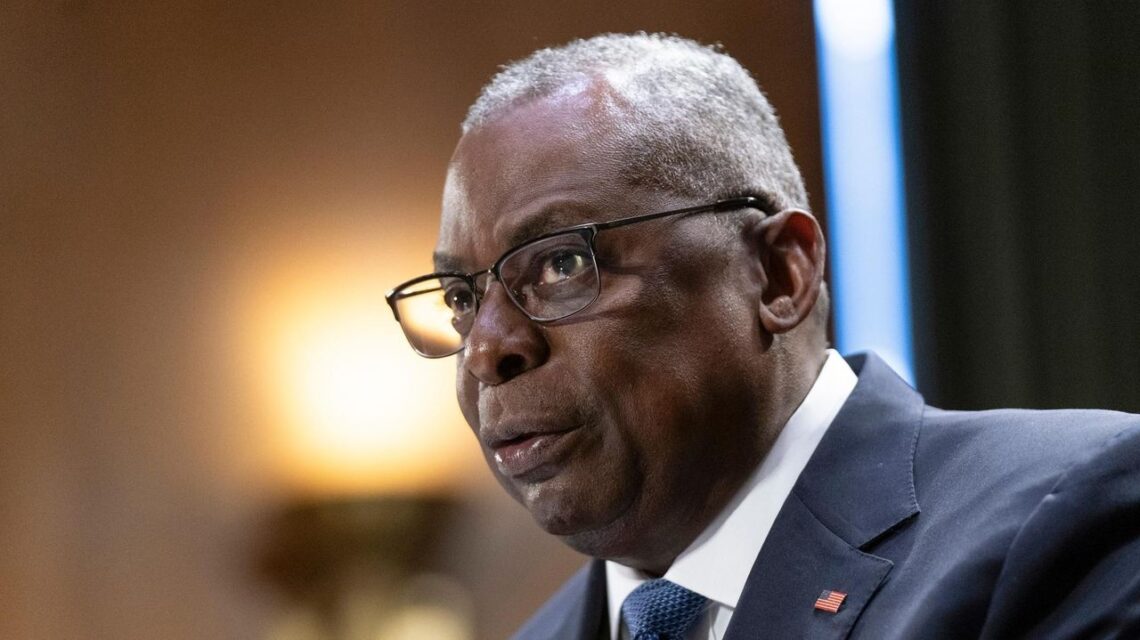A U. S. military general shouldn’t have to be lectured about the chain of command or the importance of a high-level Cabinet member keeping key decision-makers, including the president, informed of his whereabouts with two very hot wars being waged elsewhere in the world.
The baffling disappearance of Defense Secretary Lloyd J. Austin — the retired U.S. Army general who oversees the nation’s military — was apparently caused by complications from prostate cancer treatment. For three days, President Joe Biden and his White House staff didn’t know the 70-year-old Austin had been hospitalized after developing a postoperative infection that demanded he be rushed Jan. 1 to Walter Reed National Military Medical Center and placed in intensive care. Indeed, Austin didn’t tell his own Defense Department about his situation until Jan. 4, and only then did the White House learn of his whereabouts from Pentagon officials.
News of Austin’s unannounced disappearance slowly leaked through Washington and became a full-fledged national security controversy. Some members of Congress are calling for Austin’s firing and a review of how this could have happened. Biden says he has no intention of firing Austin. But the evidence is already clear that the defense secretary’s disappearance was a serious abdication of responsibility regardless of whatever excuses he or the White House offer.
Austin’s own reaction to this fiasco is hardly comforting. “I take full responsibility for my decision about disclosure,” Austin finally said in a statement Saturday. His over-concern for personal privacy about a relatively routine medical procedure is misplaced for someone in such a high-profile position. And his reaction seems oddly tone-deaf, given the gravity of what his disappearance could have meant for the nation if a sudden military crisis had occurred during the three days he kept the White House in the dark.
This isn’t the first time a defense secretary went to…
Read the full article here







